The Goldfish Boy, Lisa Thompson, Scholastic, 2017
From the publisher: Matthew Corbin suffers from severe obsessive-compulsive disorder. He hasn’t been to school in weeks. His hands are cracked and bleeding from cleaning. He refuses to leave his bedroom. To pass the time, he observes his neighbours from his bedroom window, making mundane notes about their habits as they bustle about the cul-de-sac. When a toddler staying next door goes missing, it becomes apparent that Matthew was the last person to see him alive.
Suddenly, Matthew finds himself at the centre of a high-stakes mystery, and every one of his neighbours is a suspect. Matthew is the key to figuring out what happened and potentially saving a child’s life, but is he able to do so if it means exposing his own secrets, and stepping out from the safety of his home?
I was a kid when my OCD behaviours began to show. I was always intensely anxious – nervous and tightly-wound and prone to tears, but this was a time prior to widespread understanding and acceptance of mental illness, particularly in children. It was written off as typical childhood shyness; as being over-emotional; as being a difficult child.
It wasn’t until I was an adult that I identified that, actually, I was suffering from clinical anxiety.
It took even longer for me to find out that I had OCD, too, and that I had since I was little. I thought of OCD the way many people thing of OCD – obsessive tidiness, a preoccupation with hygiene, counting steps, flicking light switches on and off.
It took a YouTube video by John Green for me to realise that, even though I didn’t exhibit the behaviours I’ve listed above, I did have obsessive behaviour. It’s just that the behaviour occurred inside my head. Like John Green, I have “thought spirals”. My brain hangs on to an idea – obsessively – and will not let go. Usually, the idea is irrational. Almost always, the idea is intrusive and annoying. More often than not, the idea is scary and horrible.
“If you don’t put all the DVD cases in a straight line, you can’t watch the movie …”
“If you don’t vacuum the living room every day, your family will get sick …”
“If you don’t check on your daughter every two hours during the night, she might stop breathing …”
“If you don’t do this thing – NOW – everyone you love will die …”
These thoughts are terrifying. I know they are irrational. I know that, if I forget to vacuum one day, my daughter probably won’t catch a terminal disease.
But knowing a thing is irrational does not prevent a person from believing in its truth.
I don’t often review books on this site that aren’t Australian – mainly because I love reading and supporting local authors and because there are just so many amazing books for young people produced locally. But Lisa Thompson’s debut, The Goldfish Boy, affected me so profoundly that I just had to share it.
Matthew, the young protagonist of this story, has OCD of the more “typical” kind (by which I mean the kind a layperson knows the most about – the more visible form of the illness). He rarely leaves his room and is obsessed with hygiene; terrified of getting ill. Hints to the reason for this are given throughout this book – and we know almost from the beginning that it has something to do with the death of his baby sibling.
Being stuck in his room gives Matthew hours to himself and he occupies this time by watching his neighbours through his bedroom window – writing notes about their movements in the manner of a less nasty Harriet the Spy.
He finds out, through his observations, that everyone has secrets. Everyone on his street has a story to tell, even if they hide it behind drawn curtains or pasted-on smiles.
And it’s this pastime that sparks the mystery at the heart of this book. Matthew is the last person to see the toddler grandson of one of his neighbours, before he mysteriously disappears. It is this disappearance that begins Matthew’s rehabilitation, as he takes it upon himself – with the help of some almost-maybe-friends – to learn the secret behind the disappearance, and return the boy to his mother and grandfather.
When I was Matthew’s age, I spent a lot of time on my own, in my room, watching. Not because I was scared of germs, but because I was scared of everything outside. I was scared of what people – or witches or monsters or vampires – could do to me, but also what I could do to others. What if I accidentally hurt someone? What if I made someone cry? I had no basis for these feelings, but they would not go away, despite the fact that they were illogical.
Through my bedroom window, I couldn’t see a busy street. I could see a silver birch tree and the possums and birds that visited my garden. I could see the sky. I could, sometimes, see my neighbours, bouncing on their trampolines or jumping to catch footballs.
I never went to play with them, despite being invited. I never made friends. As I read Matthew’s story, part of me wished there had been some sort of mystery in my small town, to tie me together with the kids who lived near me. To draw me outside.
Part of me wished, while reading this book, that my behaviours had been as “visible” or “understandable” as Matthew’s, or that the author had made Matthew’s illness the less “typical” version. But these are minor quibbles. Lisa Thompson writes in a beautiful, light, lyrical style, with so much heart and wonder and I found this book immensely powerful, poignant and true. Life is hard for many kids, even without obsessive behaviours, and Thompson shows this in such a realistic way, while still retaining the fun tension of the mystery around which this book revolves. And there is so much hope in this book, as well as sadness. So much joy. I found it completely compelling and heartily recommend it, to young readers and adults. It’s not easy to write a book that perfectly balances action, humour, fun and deeper issues, and this wonderful debut does it perfectly.
It also gave me a reminder to think before I interact with all young people – you never know what trauma and sadness hides behind their cheerful facades. Not all illness is visible or easily understandable. And everyone has a story to tell.







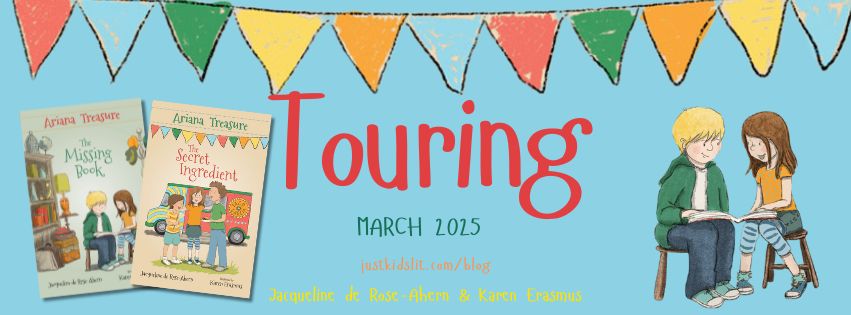
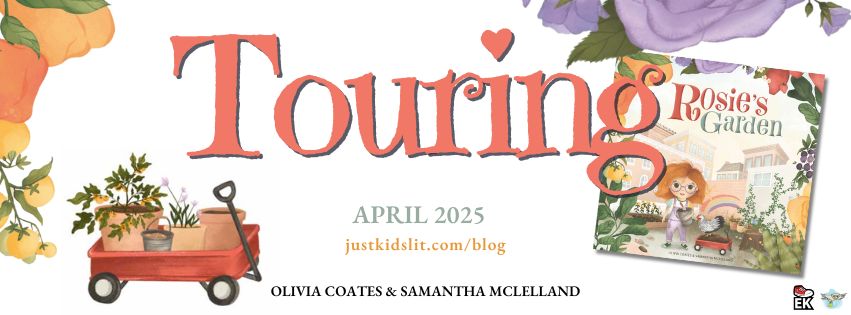
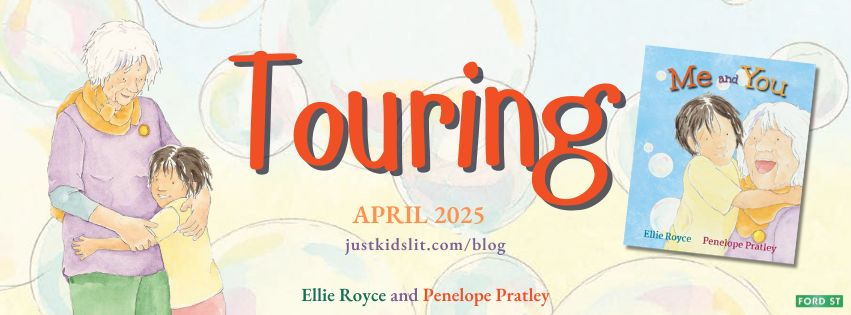
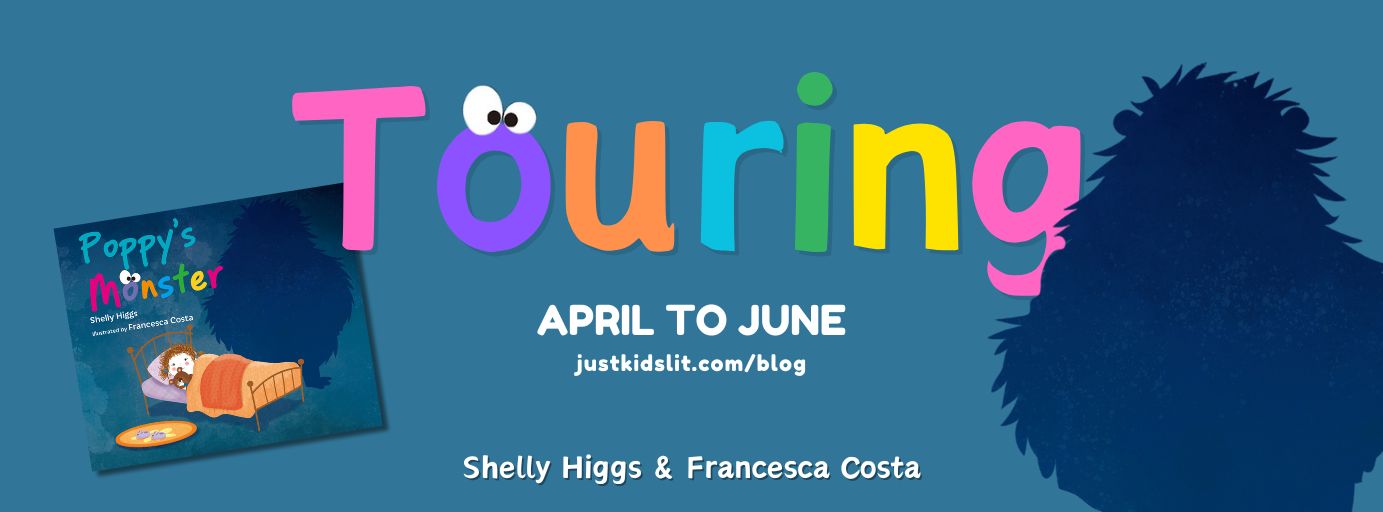
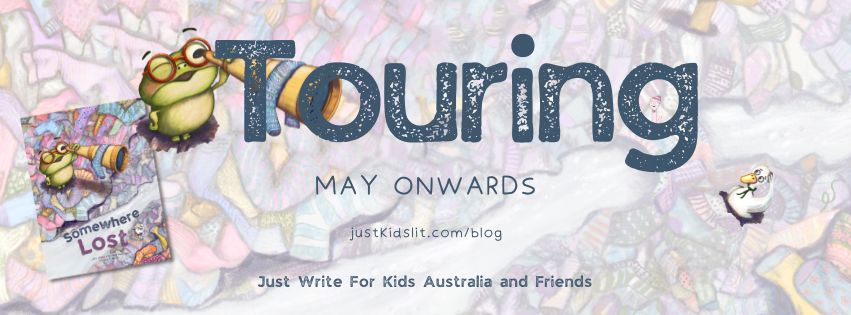





5 thoughts to “Book review: The Goldfish Boy, by Lisa Thompson”
Thanks Lisa,
For opening your heart and mind to let us into your world … and into the world of Gold Fish Boy. I would love to read it . Where can I get a copy.
Warmly,
Karen
PS No-one is ‘normal.’ We all have we all have our own idiosyncrasies.
I read this with my then-8YO last year and we both loved it. It’s a wonderful book.
Kate, I love your personal, heartfelt reviews. You have compelled me to seek out this book 🙂
Kate, thank you for sharing this highly personal review which touched me deeply because it gave me an insight into why you connected so deeply with this book. The Goldfish Boy is now on my reading list.
Thank you, Kate, for sharing this highly personal review which touched me deeply because it gave me an insight into why you connected so deeply with this book. The Goldfish Boy is now on my reading list.